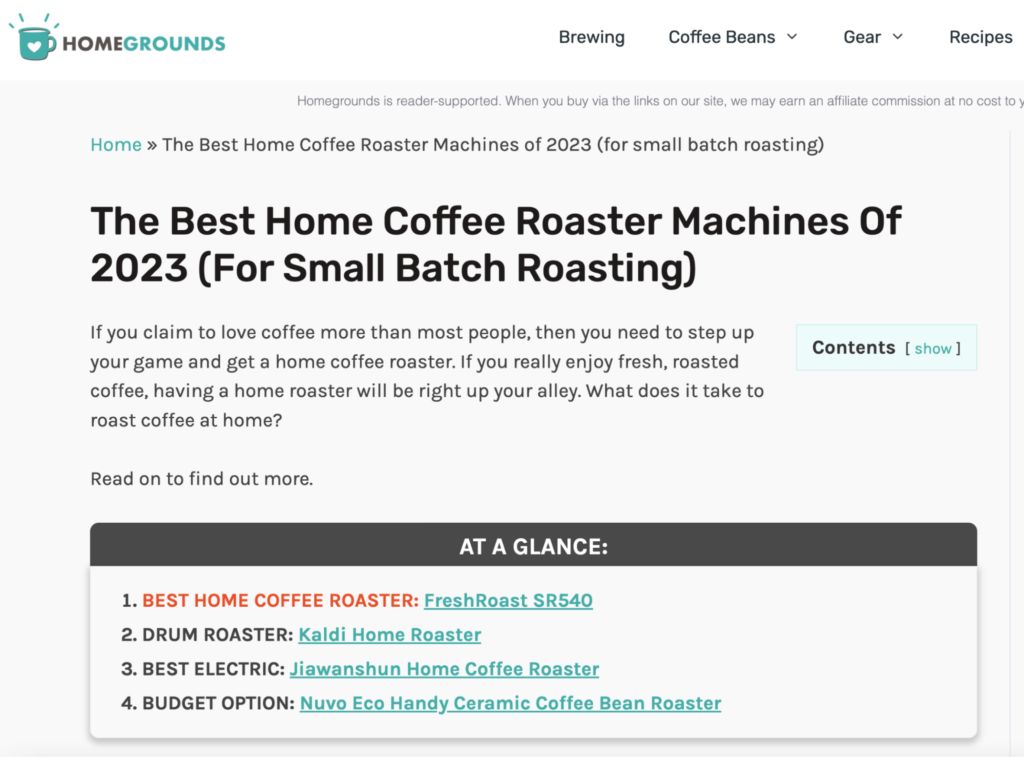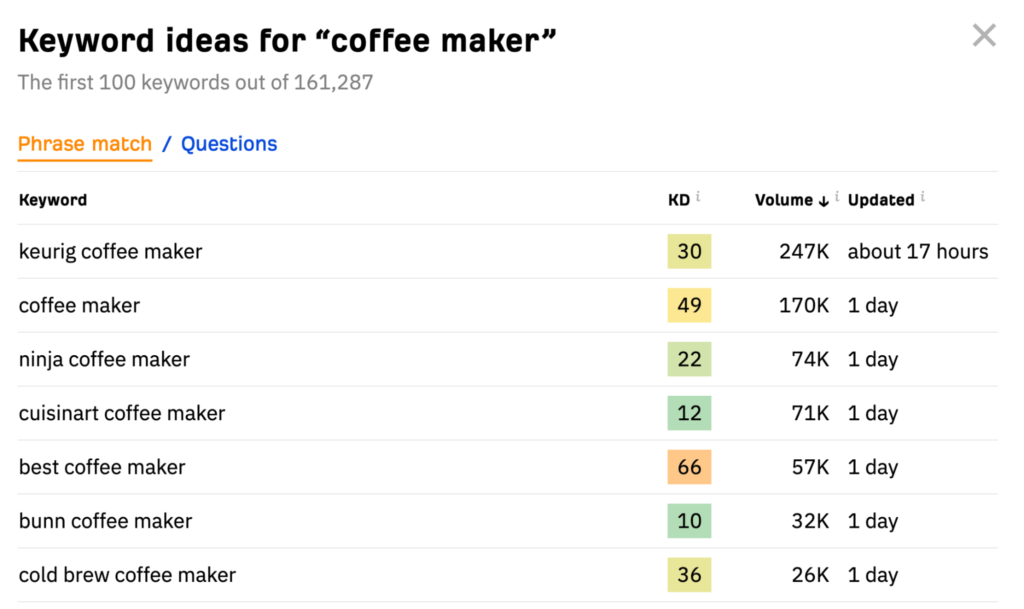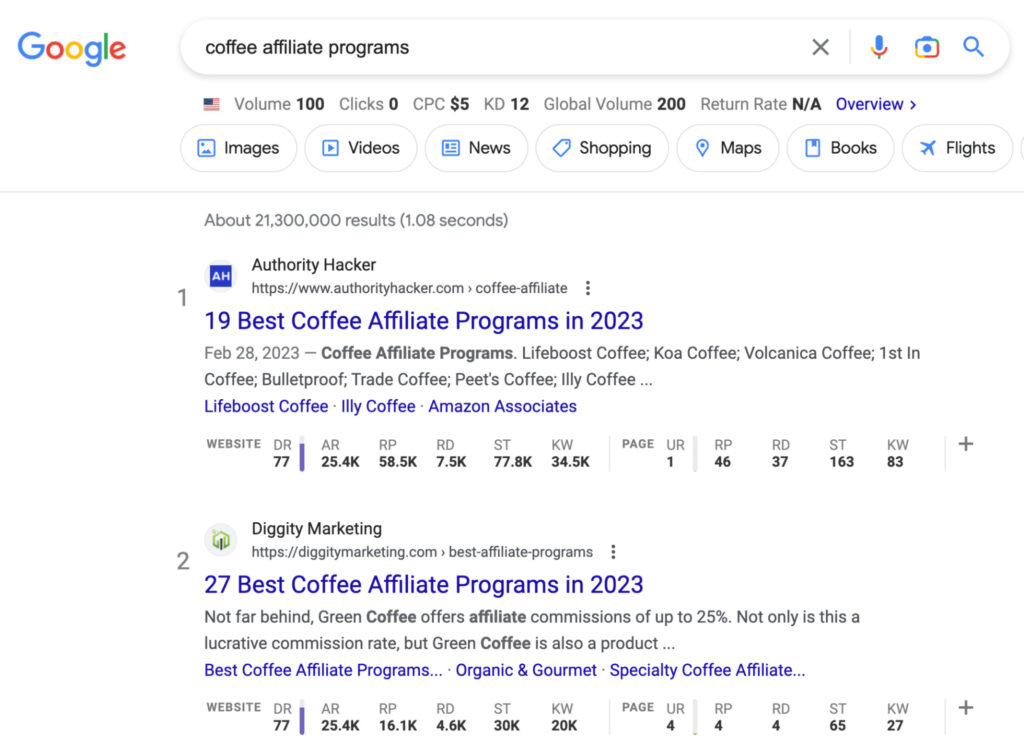Welcome to your guide to heavenly income. Have you ever marveled at bloggers who earn impressive amounts through affiliate marketing? Their secret is now yours to discover. This article unlocks the nuts and bolts of affiliate marketing for bloggers. Learn how the synergy between blogging and affiliate marketing can earn you a significant income ranging from $30,000 to $50,000 per year on average. Master the craft of SEO, social media, and email listing, while discovering key affiliate networks. Delve into the low overhead cost benefits, passive income potential, and bypassing customer service hassles. Kickstart your affiliate marketing journey this weekend and make the most out of your blog. We’ll even clue you in on the best tools, from WordPress to Lasso, and Ahrefs for those keyword insights. Get ready to start earning more. Whether you’re a newbie or a seasoned blogger looking to maximize your income, you’ll find value in this comprehensive guide.

So, What Exactly is Affiliate Marketing?
Before we dive straight into how to utilize affiliate marketing as a blogger, it’s crucial to familiarize yourself first with what affiliate marketing is all about. Essentially, affiliate marketing is a tactic where you, as a blogger, promote a company’s product or service on your blog.
Whenever your blog readers click your affiliate link and make a purchase or perform a specific action, you earn a commission. The commission rate typically varies depending on the product or service you are promoting. For beginners, the earnings may start from a few dollars and can go much higher as they become more versed in affiliate marketing.
Blogging and Affiliate Marketing: Two Peas in a Pod
Now that you’re familiarized with affiliate marketing, it’s time to look at how it complements blogging. Remember, bloggers on average make between $30,000 and $50,000 per year through affiliate marketing.
The marriage between blogging and affiliate marketing is a perfect one. You already have a platform—your blog—and affiliate marketing provides you with a means to monetize it. Some of the benefits include:
- There’s minimal overhead cost. No inventory to manage, no shipping hassles, and absolutely no after-sales service to worry about. Your job is purely to promote.
- You can potentially earn passive income. Once your blog posts with affiliate links are live and attracting visitors, you just need to sit back and enjoy the income rolling in.
- There’s a broad range of potential affiliate partners who are ready and willing to work with you. Whether it’s through ShareASale, Amazon Associate’s Network, or reaching out to brands directly, there’s always a product or service relevant to your niche waiting for your promotion.

Finding Your Winning Niche
One of the biggest challenges in blogging and affiliate marketing is knowing what to blog about and which products to promote. Competitor analysis and keyword research can be handy tools in this regard.Take a look at your successful competitors: What are they writing about? How are they promoting affiliate products? Which products are they promoting?
On the other hand, keyword research helps you to identify what your potential readers are searching for. Using tools like Ahrefs, you can find keywords related to your niche that have a high search volume and less competition. These are the golden keywords that can help drive traffic to your blog.
Managing Your Blog and Affiliate Links
Your blog is your base of operations. It’s where you’ll write posts filled with informative, engaging content and strategically placed affiliate links. That’s why you need a blogging platform that’s both user-friendly and optimized for affiliate marketing.
WordPress is long proven as a reliable blogging platform. It’s excellent for beginners thanks to its intuitive, easy-to-understand interface. In addition, there are many plugins like Lasso, specifically designed to manage your affiliate links efficiently.

Driving Traffic to Your Blog
Let’s be honest; a blog without traffic is futile. Traffic is the lifeblood of your blog, and by extension, the success of your affiliate marketing strategy. Key areas to focus on include:
- Search Engine Optimization (SEO): A blog that ranks high on search engine results is a traffic magnet. Using tools like Ahrefs, conduct an SEO audit of your blog, build quality backlinks, and optimize your blog posts around relevant keywords to enhance your SEO.
- Social Media Marketing: Social media is a powerful tool for driving traffic. Use platforms like Facebook, Instagram, Twitter, Pinterest, and others to promote your blog and attract more visitors.
- Email List Building: An email list allows you to maintain a direct line of communication with your readers, letting you promote your latest posts and your affiliate products directly to their inbox.
Beginners in Affiliate Marketing
The beauty of affiliate marketing is that even a beginner can earn a decent amount—up to $10,000 per year, depending on the chosen niche and the work put in. However, just like any other work, there’s a learning curve. The key is to remain persistent, continue learning, and never stop testing and modifying your strategies.

Starting Your Affiliate Marketing Blog
Starting an affiliate marketing blog is a journey—not a sprint. With the right attitude, guidance, and a small initial investment, you can set up an affiliate blog over a weekend. It may sound like a daunting task, but when you break it down into manageable steps, it becomes much less intimidating.
So, if you dream of becoming financially independent and believing in the power of the internet, then blogging and affiliate marketing is your ticket. The journey may be challenging, but the rewards are well worth it. The income heaven awaits you on the other side!
In conclusion, countless people from all walks of life have succeeded in making money online using affiliate marketing. Whether you’re a newbie or seasoned marketer, there’s always room to grow and more money to earn. With persistence, patience, a learning mindset, and the right tools and strategies, you too can join the thriving community of successful affiliate marketers.




Leave a Reply